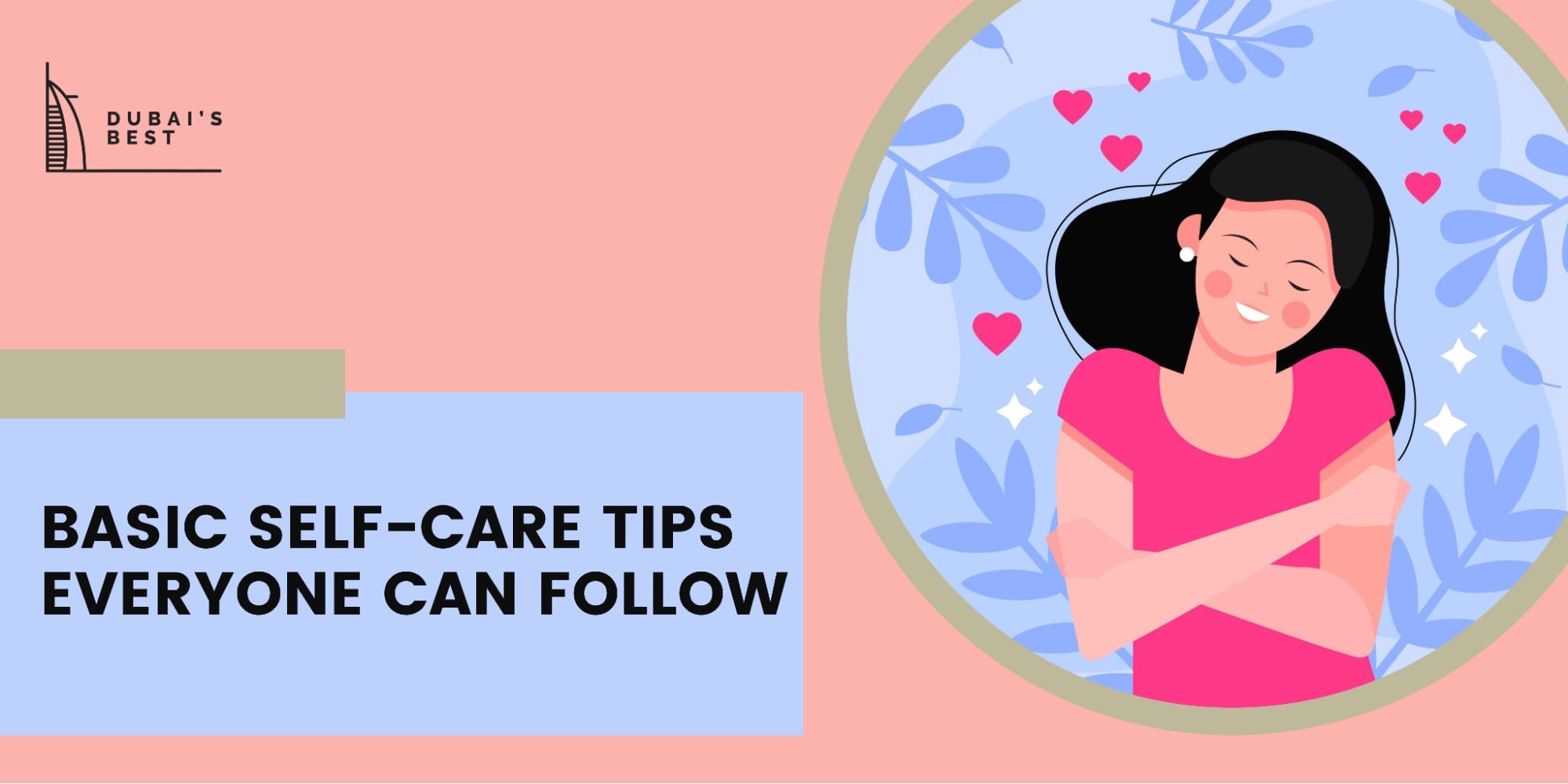8 Simple Self-Care Tips to Help You Destress
Believe it or not, “pandemic fatigue” is real, and many people worldwide are affected by it.
The stress, grief, and anxiety caused by not going out can put a strain on someone’s overall health. While we can’t really do much about what’s happening in this pandemic, we can still manage how we deal with each day.
This is your sign to start being mindful of your own needs. Here are some simple self-care tips to help you destress and bring some cheer into your life.
Top Self-Care Routine and Tips You Can Follow
In this section, we will share some self-care routines and tips you can follow and adopt.
Bear in mind that self-care can look different in every person. This just means that an enjoyable routine for some may feel restricting and tiring for others.
We advise that you look for a routine you can incorporate into your life and tweak the tips we recommend as you go.
1. Get enough good quality sleep.
When health and well-being are discussed, quality sleep is always part of the equation. Even if you’re a full-grown adult, you still need to sleep around seven to nine hours each night.
If you don’t get a good night’s sleep regularly, it will eventually affect your concentration, mood, and overall health. To get better sleep, here are some techniques you can try:
- Develop and stick to a sleep schedule
- Minimize nap times during the day
- Avoid food and drinks that contain caffeine
- Limit screen time at least an hour before bedtime
- Get some blinds to block the light from your room
2. Stay on top of your physical healthcare needs.
Stay on top of your routine medical checkups and visit a general practitioner even if you feel fine. Well, even if we’re stuck at home, it’s still advised that you get any concerns checked out as soon as possible.
And don’t worry because you don’t have to search high and low for recommendations: we’ve already reviewed various medical specialists for you.
- Best dentists
- Best physiotherapy clinics
- Best urologists
- Best dermatologists
- Best pediatricians
- Best eye specialists
3. Practice intuitive eating.
Whether you’re trying to lose or gain some pounds, self-imposing strict rules on what foods are off-limits may cause you more harm and stress than good. For this reason, we suggest that you try this approach – intuitive eating.
This approach is not really a diet per se, but it’s more of giving your body the food it needs when it needs it. This basically means that you should eat if you feel hungry and stop when you’re full.
4. Create an exercise routine that you enjoy (or at least don’t mind doing).
We know exercising can be an unpleasant chore for some. However, since it plays an important role in keeping your body physically healthy and lessening the risks of chronic health problems as well as an acute illness like COVID-19, you might have to include this in your self-care checklist.
Doing activities that you genuinely enjoy is key in maintaining an exercise routine. For example, if you hate running, you can switch to biking, walking, or even roller-skating.
5. Make time for rest.
Zoning out and relaxing from time to time can also be beneficial in restoring and recharging yourself. If your schedule is free, you can schedule a full-body massage with your friends or relish some guilty pleasures like cake and take-out as you enjoy a movie night by yourself.
6. Discover and try out new hobbies and experiences.
Do you need to shake up your daily routine and be more productive? Discover a new skill or explore a new hobby in your free time.
For example, if you want to be a better home cook or have plans to pursue a career as a chef, this might be the time to enroll in a culinary school. This experience will not just keep you busy but can also be a way to connect with other people.
7. Establish a proper support system.
This pandemic has brought people into uncharted waters, so getting the right support system is vital to have better coping skills and a healthier outlook in life.
It doesn’t have to be a lot of people. It can be your closest friends, family, or colleague. You can also seek professional advice from a trusted counselor or psychotherapist.
Note that some of them offer online and remote therapy sessions, so you don’t need to visit their clinic to book and have a consultation.
8. Set small goals.
When it comes to self-care, regular practice is essential so setting small goals is better to ensure that they are more attainable.
For example, if you want to remove all the clutter in your house, you can start by cleaning your room. You can accomplish this task by yourself or opt for a professional cleaning team or maid service.

